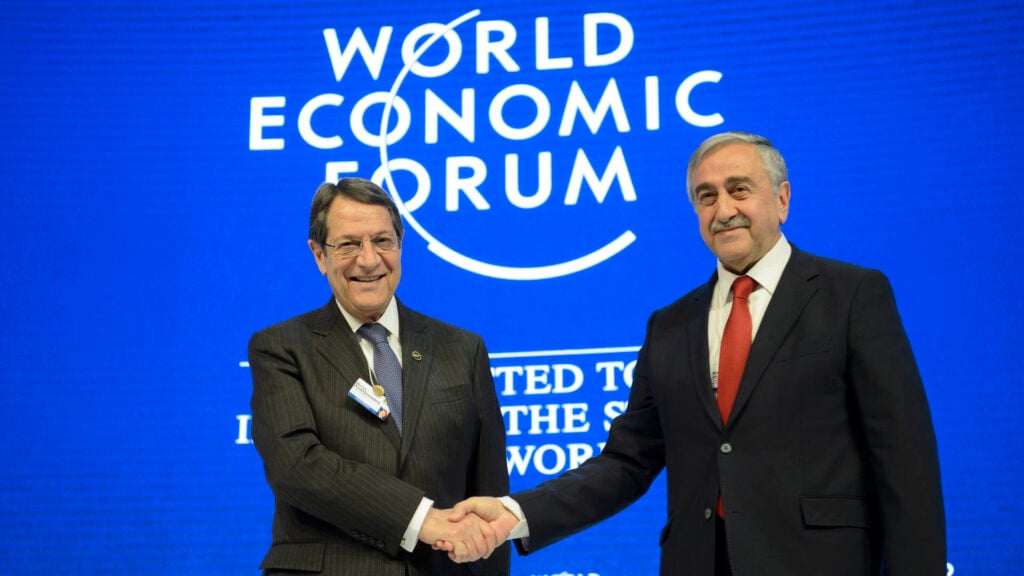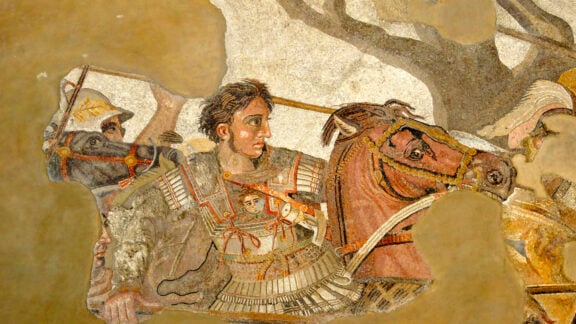Former Turkish Cypriot leader Mustafa Akinci, who served in the post between 2015 and 2020, has described the recent arrest of five Greek Cypriots in the north on suspicion of espionage as a retaliatory move by Turkish Cypriot authorities, calling it a “tit-for-tat situation” in response to arrests carried out by the Republic of Cyprus.
As reported by Cyprus Mail, two of the five individuals recently had their remand extended by three months. Commenting on the developments, Akinci said the actions reflect “an eye for an eye, a tooth for a tooth” mentality, where “if you arrest a contractor, we will do the same”.
He drew comparisons to the 2000 arrest of Greek Cypriot Panicos Tsiakourmas, who was detained by Turkish Cypriot authorities operating in the British Sovereign Base Area of Dhekelia, allegedly for drug trafficking. His detention followed shortly after the Republic had arrested Turkish Cypriot Erkan Egmez on similar charges in the same area. Egmez was later convicted and sentenced to 10 years in prison.
Egmez was later pardoned by then-Cypriot president Glafcos Clerides. Following his release, Egmez claimed he had been tortured during his incarceration. Tsiakourmas was released in 2001, just hours after the death of his mother, with many at the time regarding his arrest as a retaliatory act.
At the time of Tsiakourmas’ arrest, Akinci was serving as the ‘deputy prime minister’ in the north. In his book Yasandigi Gibi, he wrote that the arrest occurred at a time when Turkish Cypriot authorities were pulling out of Cyprus reunification talks and pushing for recognition of the north.
He claimed to have written letters to key Turkish officials of the time—including then-president Ahmet Necdet Sezer, prime minister Bulent Ecevit, and foreign minister Ismail Cem—warning that such a policy would ultimately pave the way for the Republic of Cyprus to join the European Union alone.
On Thursday, Akinci reminded that the European Court of Human Rights had ruled against Turkey in connection with Tsiakourmas’ arrest.
He emphasised that “there can be no room for ‘tit-for-tat’ in the law of a place which claims statehood and, moreover, is purportedly seeking recognition.”









